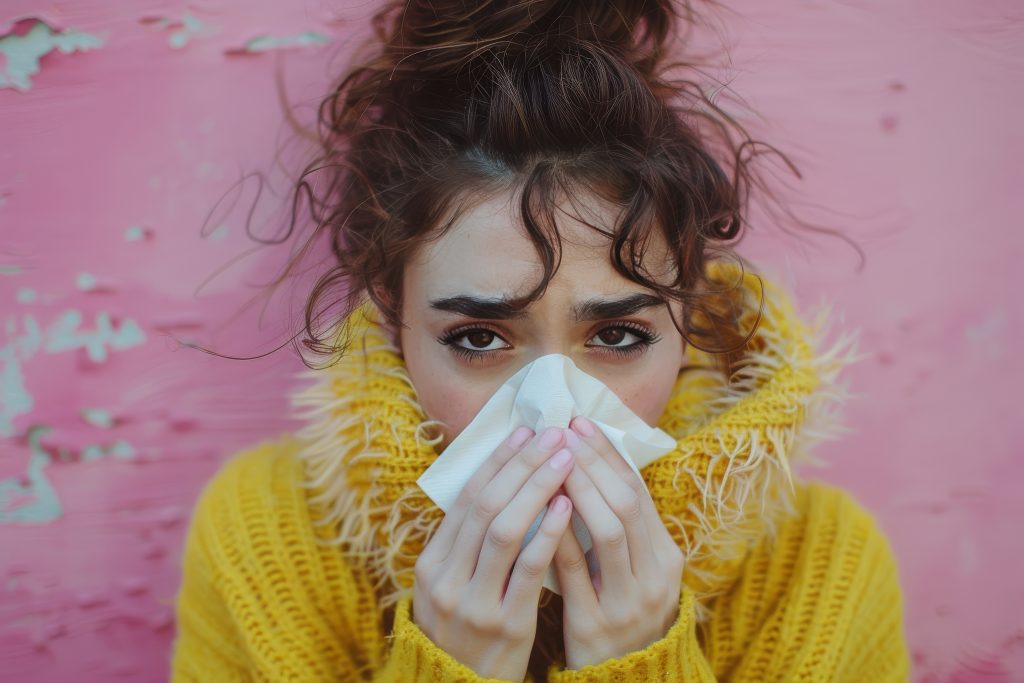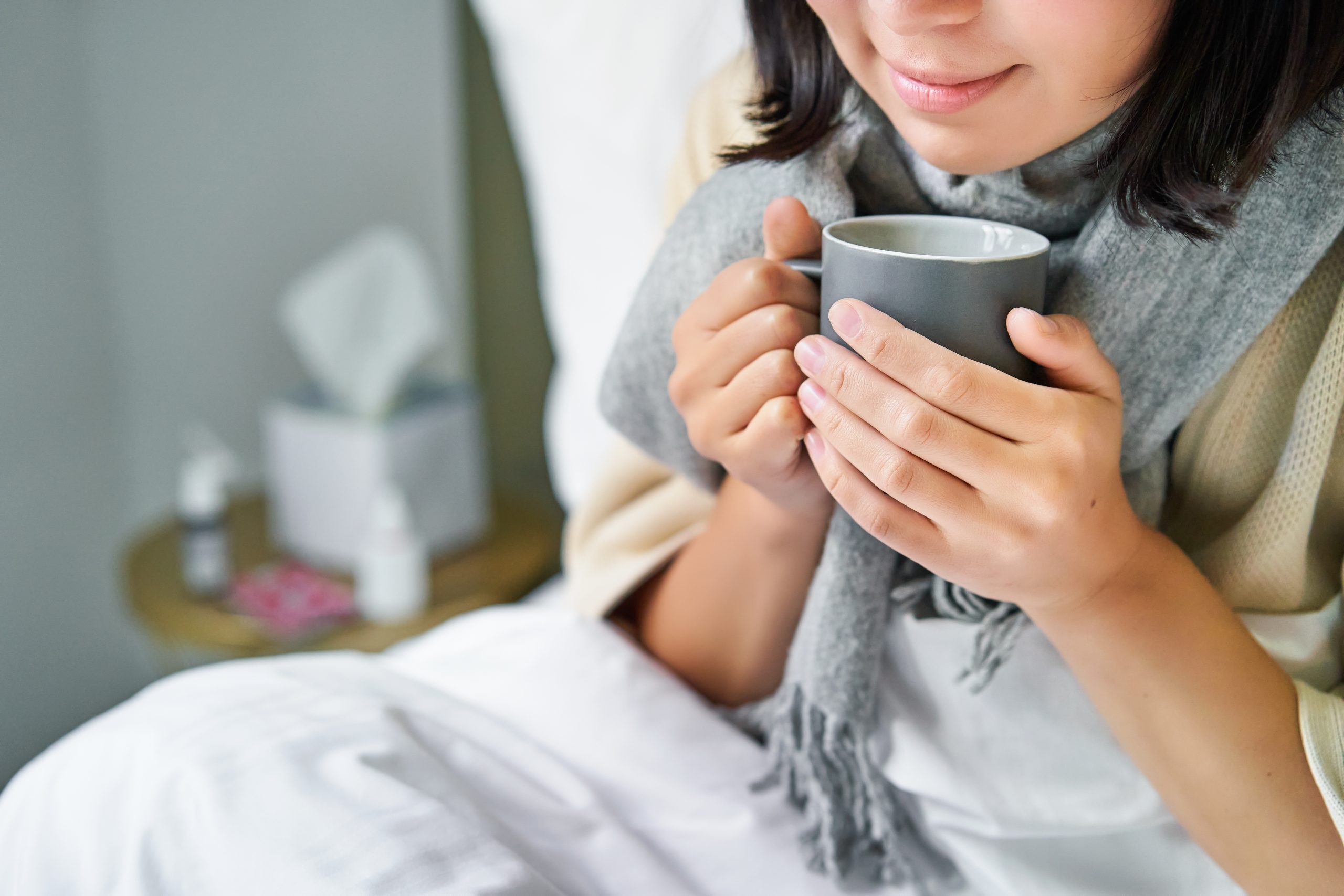10 Ways of Treating Fall Allergies Naturally
As fall approaches and nature’s beauty presents itself in hues of yellow, orange, and red, the dreaded seasonal allergies follow and one finds themselves suffering while trying to enjoy the beautiful scenery. Luckily, natural medicine can come in handy in such situations. Some of the remedies include simply rinsing mucus from one’s nose cavities, thanks to honey’s mildly soothing effects, or ingesting probiotics. Even more useful is quercetin, found in onions or apples, which seems to help mitigate the allergy symptoms to some extent. Another potential defender, Butterbur extract, can help stop sneezing and soothe burning and inflamed eyes. So equipped, it becomes easier to enjoy the riches of the land and the season, making it possible to relish the beauty of fall as a stress free and happily spent time.
Diagnosing and Treating Autumn Allergies Symptoms
People around the world suffer from ‘hay fever’ or ‘allergic rhinitis’ during particular seasons, especially Fall season allergy which is, in essence, a variety of immune response triggered inflammation of the nasal mucosa. These allergic reactions are typically caused by the pollen emitted by ragweed, trees and grass during the onset of Fall. The clinical picture typically includes symptoms such as: nasal mucosal irritation, coughing, and other symptoms associated with itchy and watery eyes, runny that are often accompanied by the feeling of pressure in the sinuses as well as a sore throat. Even more so, fall allergies can make asthma masked individuals develop and endure asthma attacks.
There exist several strategies for the treatment of allergic rhinitis fall season, indirect exposure may make sense in these cases; for example, there exists pollen avoidance, medications, and allergens exposure treatment. Pollen avoidance means that one should limit outdoor activities during periods with a high pollen index, wear outdoor masks, or avoid flowers that give off pollen. There are a number of medications that can provide some relief from the symptoms of allergies, such as antihistamines and decongestants, whereas such treatment relieves the symptoms for the time being, with immunotherapy one is injected with small doses of allergens gradually such that in the end, one is less sensitive to it.
It is important to mention that where pollen hypersensitivity is present in patients that have flu-like conditions, patients are prone to mix symptoms, however, the conditions do not resemble one another. Colds and flu are caused by viruses, in contrast, for fall allergies the allergen responsible for hypersensitivity is pollen. Colds and flu contain fever, muscular pains, and exhaustion whereas these signs usually are not the case with fall allergies. If you have the signs, a doctor’s consultation may assist in identifying the sign’s cause and offer a suitable treatment strategy.
Best Natural Treatments for Fall Allergies
Apart from abstaining and taking the prescribed medication, there exist other options that can help treat fall allergy symptoms. Other natural remedies for these would include the following:
- Nasal Irrigation: This is where fluid is used to rinse the nasal cavity which usually is able to flush out irritant particles and bacteria leading to a reduction of inflammation.
- Honey: Honey has anti-bacterial and anti-inflammatory properties that may help in irritation of the nasal linings and also control the source of the allergy.
- Probiotics: Live organisms present in probiotics can enhance the immune system and limit the inflammatory response. Including a probiotic supplement may aid in reducing the intensity of fall allergy symptoms such as complaining.
Quercetin and Butterbur: Natural Antihistamines
Quercetin is a flavonoid that can be found in onions, apples as well as in several vegetables and fruits. It has antihistamine effects that help in preventing histamine from being released, the compound that causes the allergic effects. Quercetin has been effective in treating allergy symptoms associated with fall which include sneezing, and itching of the eyes and running nose.
Butterbur is an ancient herb which has been used to treat allergy symptoms for many centuries. Butterbur extract is capable of easing a person’s need to sneeze as well as alleviating itchy eyes through the hindrance of inflammatory factors in the body.
Quercetin and butterbur also act as natural substitutes for common pharmacological antihistamines that are generally available in most pharmacies. These are very effective and have no harmful effects but it is advisable to take advice from a doctor before taking any supplements as they can interfere with other drugs.
Learning More About Fall Allergies
Though autumn allergies can be irritating, an effective combination of avoidance, medication and natural treatments can alleviate the symptoms. If you avoid allergens, treat them effectively and use natural remedies, you will not only beminimize the irritation but you will be able to appreciate the season more.
In cases where your fall allergy symptoms are problematic, it is best to see a physician for a proper evaluation and treatment options. There are several treatments that are quite effective, and these enable you to control allergies better and enhance the quality of your life in the fall season.






